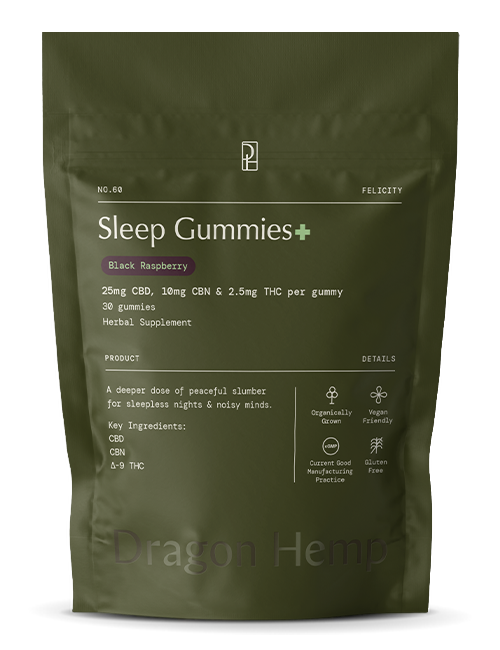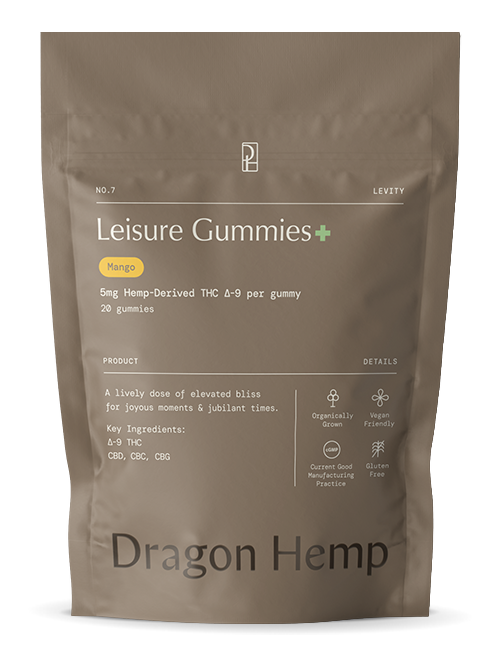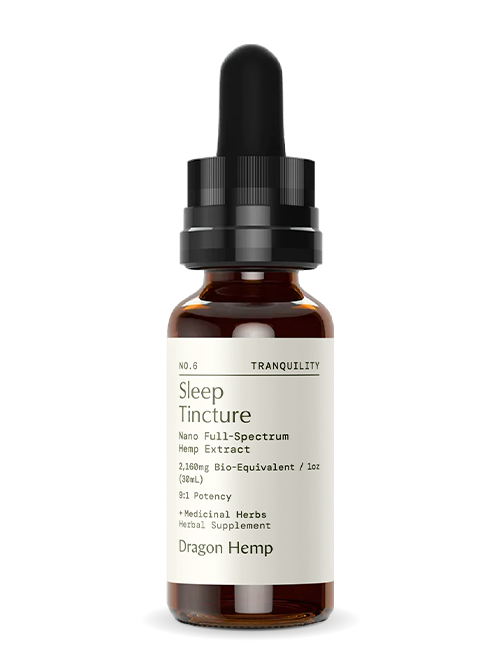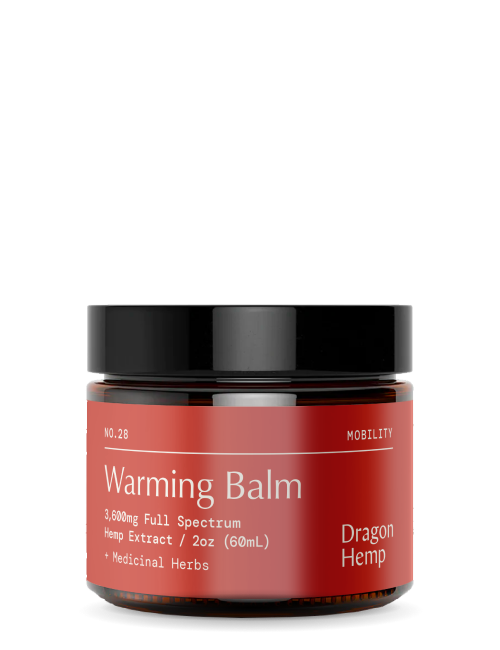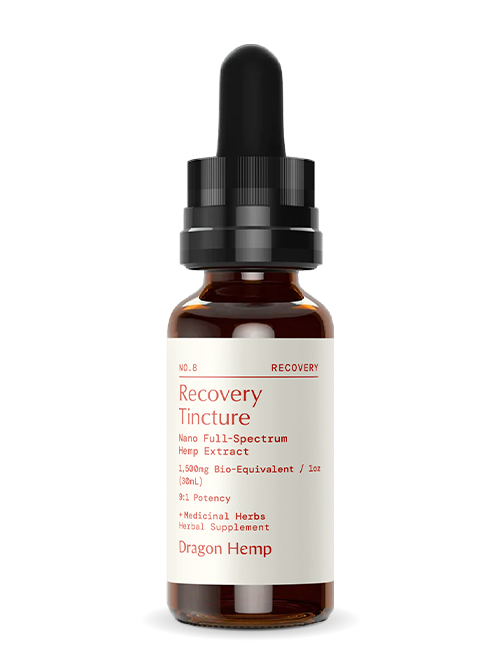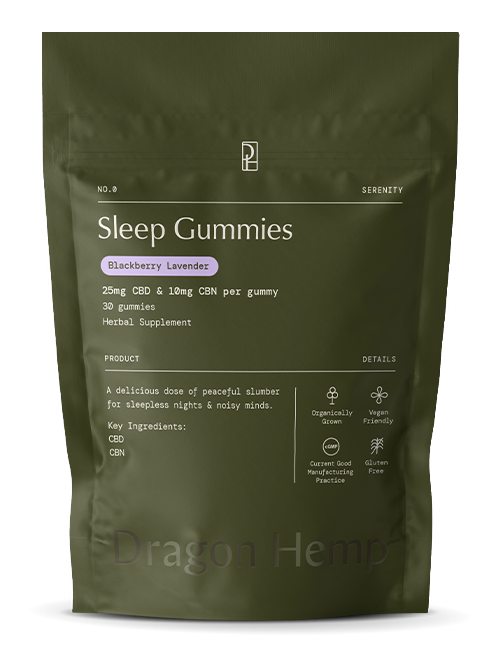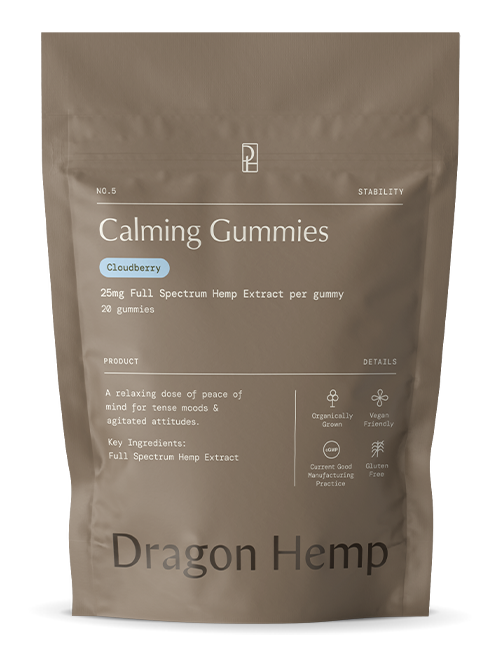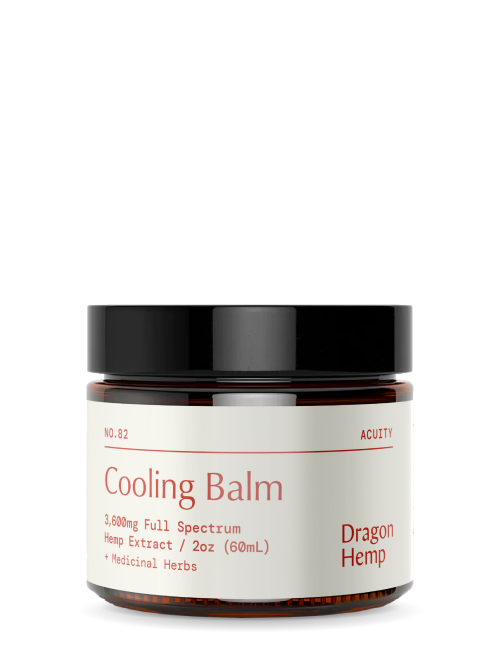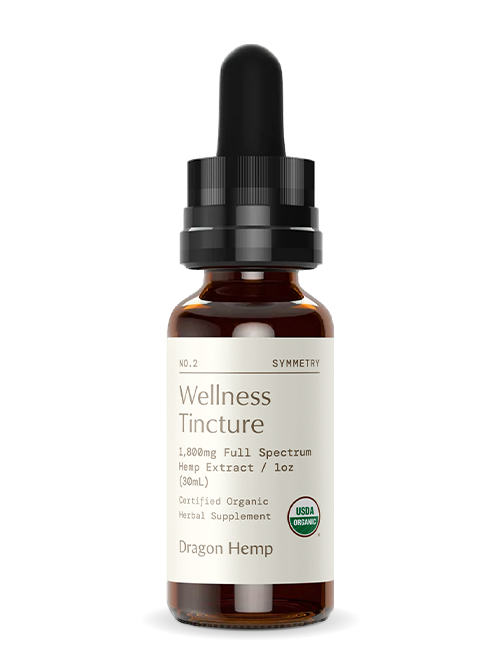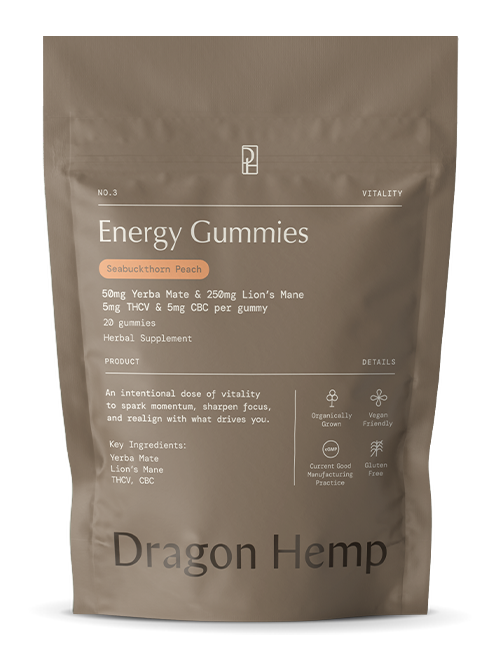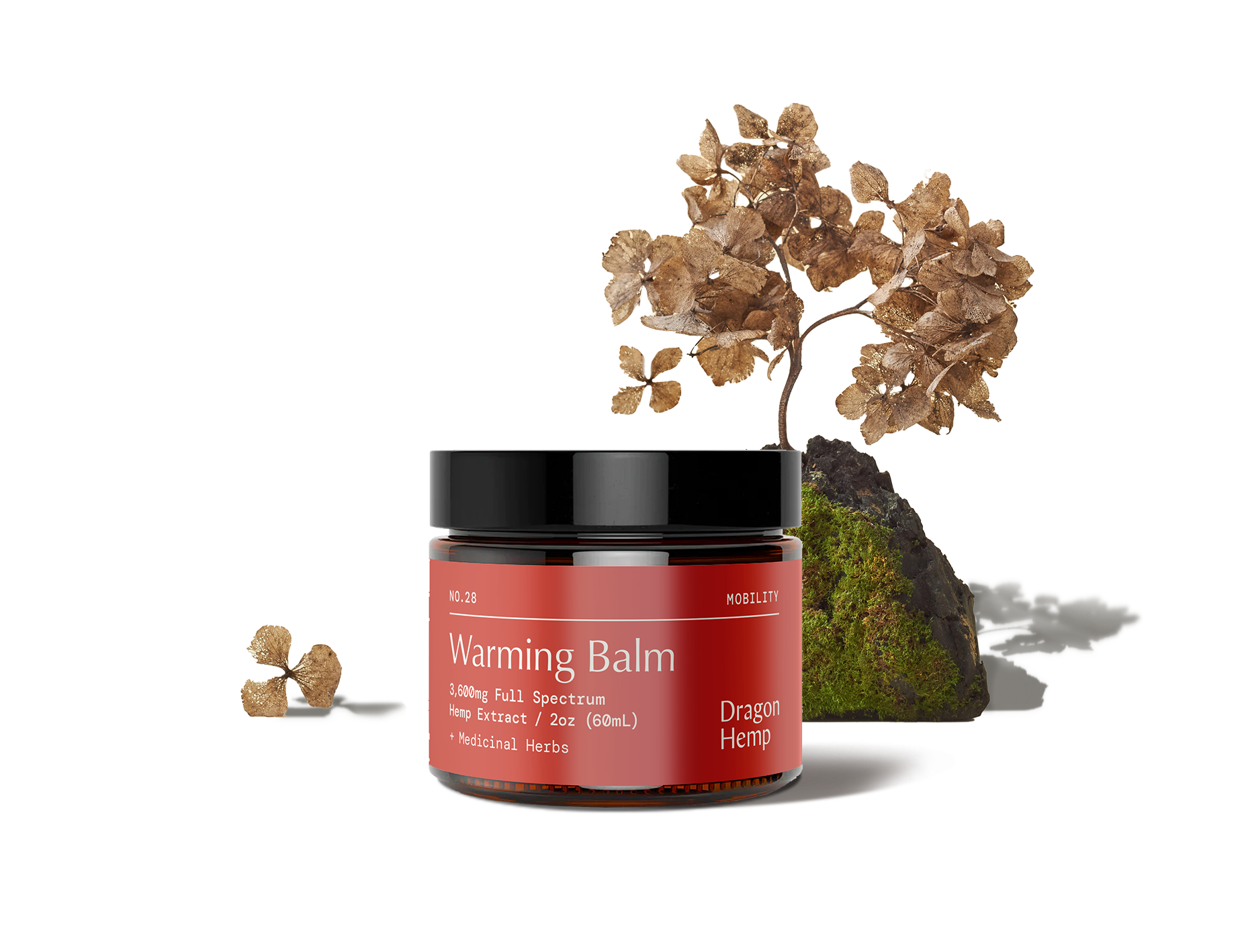
What is THCV Good for: The Benefits of THCV
Cannabis is slowly but surely re-framing mainstream society’s perspectives about it. For a plant that not so long ago was anathema to drug enforcement agencies around the world, its growing acceptance in society (backed by science) sounds unbelievable but true.
But let’s face it, cannabis research has yielded insights that prove just how wrong we were about it. We even made “Reefer Madness” to demonize the plant, associating it with everything evil. But it looks like cannabis is having the last laugh as science finally vindicates it.
Many cannabis compounds, mostly cannabinoids, have turned out to have wide-ranging health benefits. From pain relief to anxiety reduction and sleep improvement, researchers are just beginning to understand how this plant does all these. And as new cannabinoids are discovered, their range of health benefits continues to broaden.
One of the recent additions to the cannabinoid family is tetrahydrocannabivarin (THCV). It is mostly non-psychoactive and found in African landrace sativa strains. But even in these, its concentration barely exceeds 3%.
To get these THCV-rich species, you would have to go to Thailand, India, Pakistan, Nepal, or West Africa. It is unclear what makes these regions produce strains with high THCV content – maybe it is just nature’s way of doing things.
Because it exists in such miniscule quantities, THCV products are not as common as CBD or THC products. Moreover, it is costlier to extract directly from hemp, so most companies resort to synthesizing it in a solvent bioreactor.
THCV’s emergence into the limelight owes to its uniqueness. Even though it looks like THC on the surface, its effects and health benefits set it apart from regular cannabinoids like THC and CBD. So, in this article, we explore what makes THCV special.
Key takeaways
- THCV stands for tetrahydrocannabivarin – a unique cannabinoid with an exceptional ability to be an agonist and antagonist at both CB1R and CB2R.
- Its psychoactivity is dose-dependent, i.e., non-psychoactive at lower doses but psychoactive at higher doses.
- THCV has many potential health benefits, including regulating appetite and blood sugar.
- It is a rare cannabinoid found in very low concentrations (roughly 3 percent) in certain strains. These are considered THCV-rich strains.
What are THCV’s effects
Before we delve into the effects of THCV, let’s overview how cannabinoids, in general, are able to affect the human body.
So, in our bodies are chemical substrates called endocannabinoid receptors. The two most dominant are cannabinoid receptor type 1 (CB1R) and type 2 (CB2R).
These receptors are located in specific positions throughout the body. For instance, CB1Rs are predominant in the central nervous system, i.e., the brain and spinal cord. But they are also present in peripheral organs and tissues, e.g., the spleen, reproductive organs, and the endocrine glands, among other parts. CB2Rs are more pronounced in the immune system and peripheral nervous system.
When you take cannabinoids, they bind to these receptors depending on their affinity levels. For instance, THC has a high affinity for both receptors, while CBD does not bind strongly to either. On its part, THCV binds comfortably with both CB1R and CB2Rs, depending on the dosage. In other words, it is both an agonist and antagonist at these receptors, which is why it is special.
In layman’s language, as a CB1R antagonist, THCV blocks activity at these receptors. Conversely, as a CB1R/CB2R agonist, it enhances activity at these receptors. For this reason, THCV is thought to neutralize the effects of THC, although the exact science behind this action is not well understood.
So, now that you have a rough idea of how THCV interacts with endocannabinoid receptors, what effects do these interactions produce?
While THC produces a distinct “high,” THCV’s effect is similar but somewhat milder. Users describe the impact as exclusively cognitive without affecting the mental faculties. It feels like you are sober but can still feel the effects of conventional THC.
In lower doses, THCV does not appear to induce psychoactivity and, as we have seen, actually mitigates the effects of THC. In higher doses, this cannabinoid exhibits a psychoactive effect which most users describe as a clear-headed sense of euphoria.
So, if you intend to use THCV, it appears ideal for daytime use.
What are THCV’s benefits
Besides a mind-clearing “high,” THCV also possesses properties that highlight its potential therapeutic value. Indeed, years of research have unearthed promising results that differentiate THCV from other common cannabinoids.
What is THCV used for
Why consume THCV? Research suggests that it could have a positive effect on a variety of conditions and symptoms. What could these be?
THCV for appetite
Remember how when you take cannabis, you feel like eating? Yes, THC is a known appetizer hence the “munchies.” On the flip side, THCV does the opposite – it reduces the urge to eat. This hypophagic effect was demonstrated in a mice study that showed it decreased appetite, increased the feeling of being full, and increased energy expenditure.
In another similar study, THCV treatment reduced eating behavior and weight reduction in mice models. Because the activation of CB1Rs triggers the “munchies”, THCV as a CB1 antagonist exerts anti-obesity effects through yet-to-be-known mechanisms to induce food aversion.
This metabolic effect has been explained using THCV’s interaction with the TRPV1 receptors. According to the study, THCV restored insulin sensitivity in obese mice by interacting with the TRPV1 channels. It modulated metabolism by increasing energy expenditure, causing the mice to reduce body weight.
While THC typically stimulates appetite, a 2019 study found that cannabis users were less likely to be obese. It seems ironic, but it has led to suggestions that THCV could have a hidden role in this phenomenon. Little wonder its nickname is “diet weed.”
Subsequently, there are proposals that THCV could help people who want to lose weight. However, people with anorexia or who struggle with appetite should not use this cannabinoid.
THCV to regulate blood sugar
This may be good news if you are struggling with type 2 diabetes. Promising research results indicate that THCV might help lower blood sugar by regulating insulin levels. It is widely known that obesity and type 2 diabetes are like tax and income – where one is, the other is not so far off!
Two studies published in the American Journal of Epidemiology found that, on average, cannabis users are less likely to be overweight than non-cannabis users. In fact, if you consume cannabis at least thrice a week, you cut your chances of being overweight by 30%.
Researchers think it all has to do with how cannabinoids influence the metabolism of carbohydrates in cannabis users. Although more research is needed, scientists contend that cannabis lowers fasting insulin levels and increases resistance to the insulin their bodies produce. As a result, cannabis users are able to maintain normal blood sugar levels.
Due to such findings, another study also concluded that THCV potentially represents a new approach to attaining glycemic control in people with type 2 diabetes.
However, nothing is concrete yet. Despite the promising results, these are preliminary findings mostly on non-human test subjects. So, more research is required to clearly expound on how THCV could help regulate blood sugar.
THCV to curb anxiety
One of the well-known side effects of THC is paranoia and anxiety. That’s because it activates the CB1Rs in the brain. But as a CB1 antagonist, THCV is quite capable of neutralizing the effects of THC and mitigating such effects. But this only happens in low doses. At higher doses, THCV becomes an agonist at CB1R, producing the same psychoactive effects as THC but milder.
However, this isn’t surprising. THC is a known anxiolytic at lower doses which is why many people use cannabis when stressed. It is only when you overdo things that THC becomes a problem. That’s when you get paranoid, see things that aren’t real (hallucinations), and get panicky.
So, in this regard, THC and THCV are pretty much similar as far as causing/reducing anxiety is concerned.
THCV for brain health
Due to its ability to bind with both CB receptors, THCV has potential therapeutic value in conditions such as Parkinson’s, ALS and Alzheimer’s, thus contributing to better brain health.
A study showed that THCV might reduce muscular tremors due to neurodegenerative conditions like Alzheimer’s.
Other evidence suggests that this cannabinoid can reduce the severity and frequency of seizures. Again, we must reiterate that research on THCV’s neuroprotective qualities has only been done on murine models. Though promising, we still need more research to confirm if these results can be achieved in people.
One reason THCV has become so popular in such a short time is its effects on cognitive functioning. As we pointed out earlier, its “high” is associated with mental clarity. So, users say this helps them focus better – a necessity when handling tasks that require greater attention to detail.
THCV for your bones
THCV’s ability to bind to both CB receptors is believed to be the reason it can promote bone growth and protection. CB receptors are spread out in the human body including in the skeletal endocannabinoid system (SES). When it binds to receptors in the SES, research shows it slows or prevents bone degeneration.
The bone-healing properties of cannabis are primarily associated with CBD. With CBD, the exact mechanism is unclear due to its low affinity for CB receptors. However, with THCV, the presence of CB receptors in bones could explain its healing effects. The whole science behind the role played by cannabinoids in bone metabolism is still fuzzy, but research supports the involvement of cannabinoids if bone health.
Where to buy THCV online
So, here we are. There is sufficient reason to believe that cannabinoids may soon play a more central role in our health. Some of these health benefits, e.g., pain relief, appetite stimulation, etc., are already scientifically proven; others may need more time.
So, if you are looking to enjoy some of the health benefits linked to THCV, you are in the right place. Our Energy Gummies combine THCV (5mg) and CBC (a strong TRPV1 agonist) to boost energy levels, allowing you to push harder and faster.
These vegan edibles come in an orange-cream flavor to make chewing a treat. What’s more, you can use them on the go, anywhere, anytime!
Feel like yourself again.
Peruse our collection of plant-based therapeutics blending time-honored herbal remedies with next-generation cannabinoid extracts.







